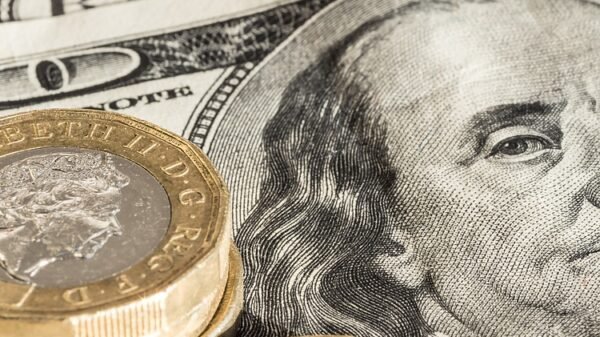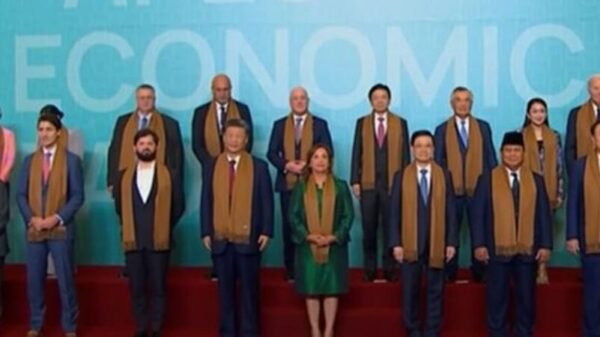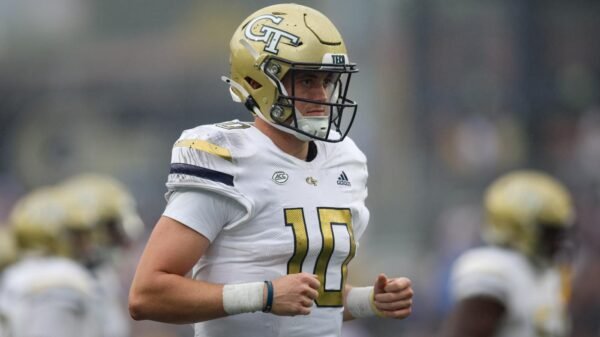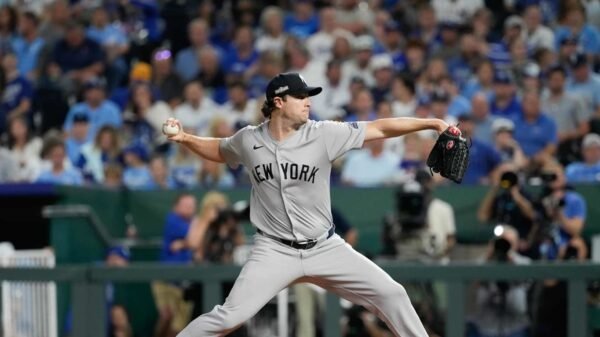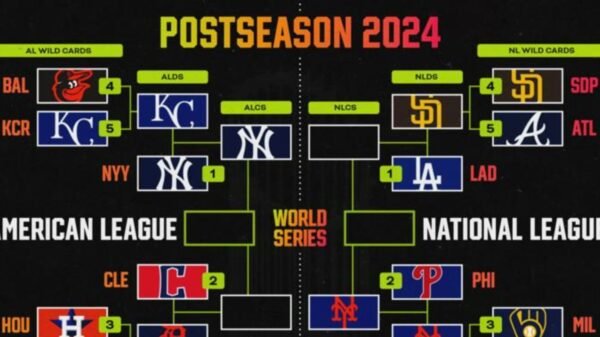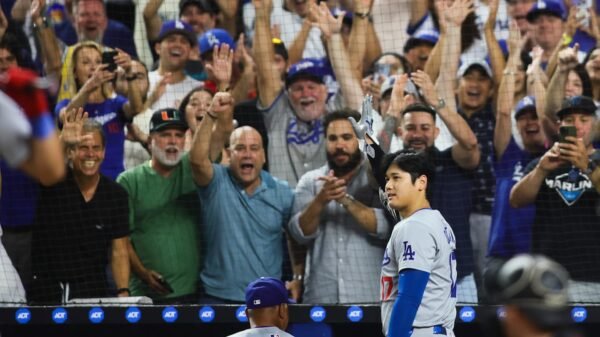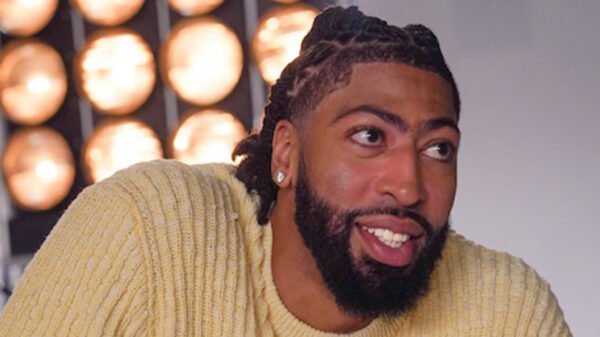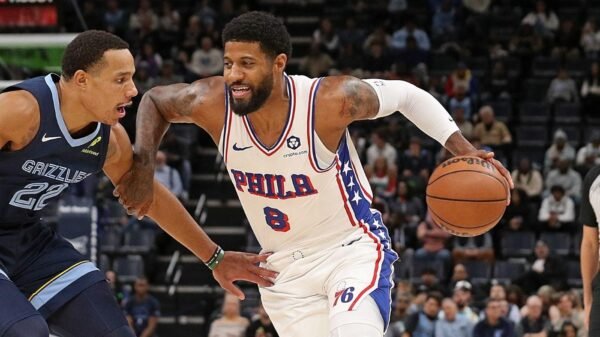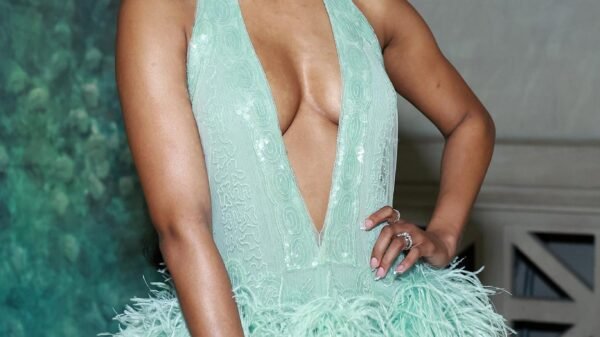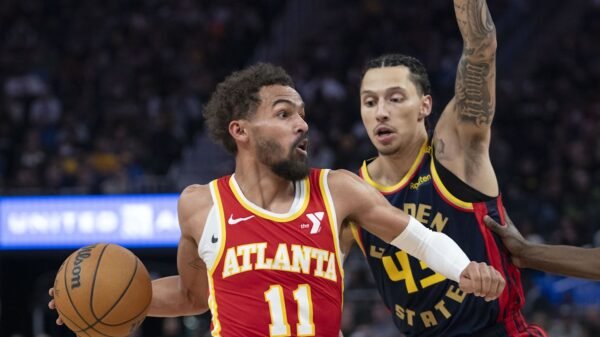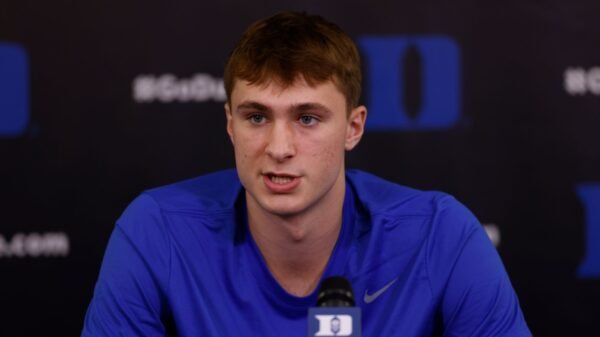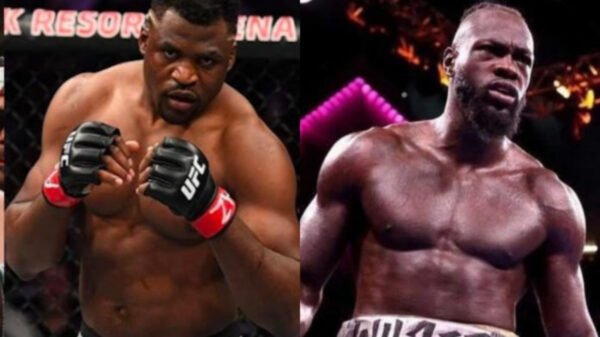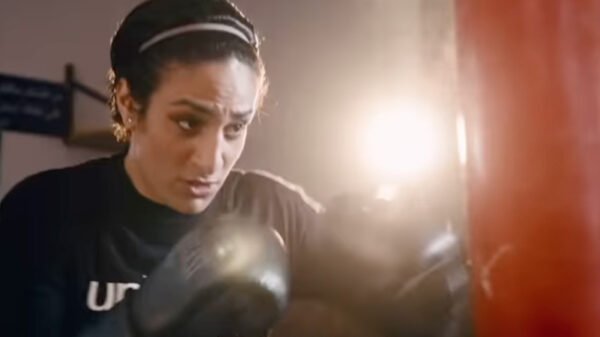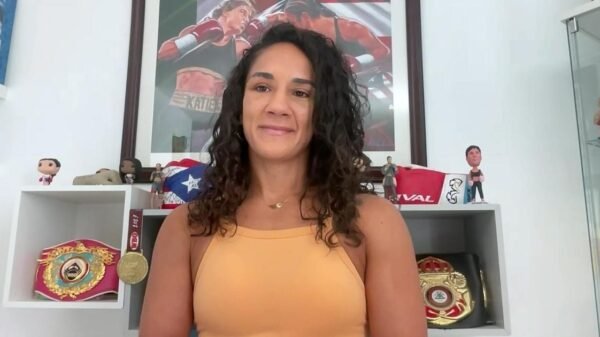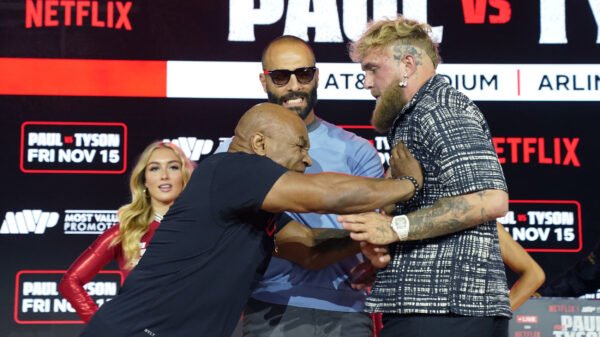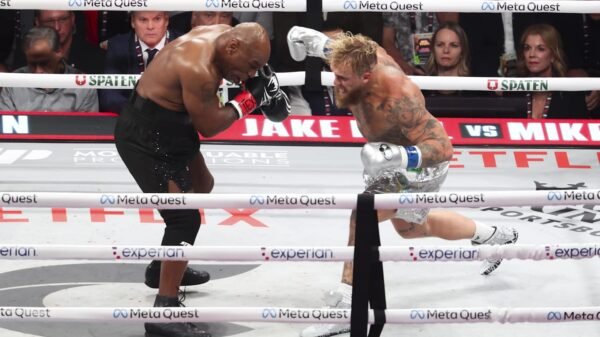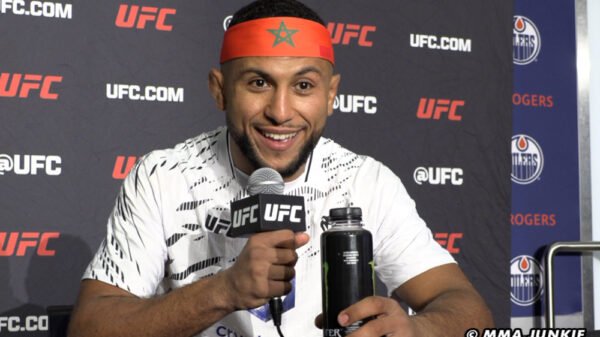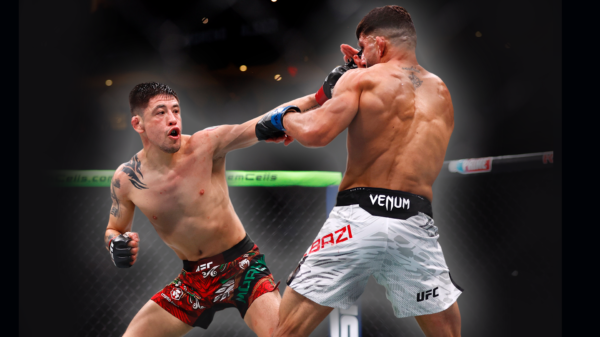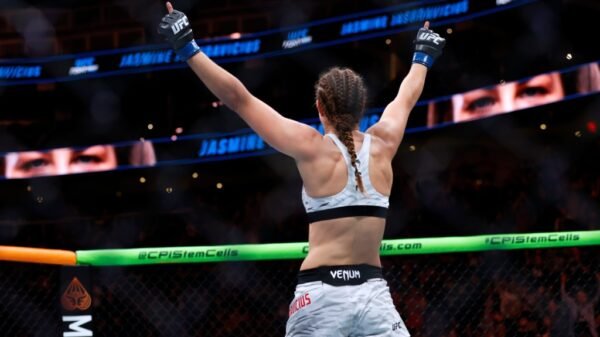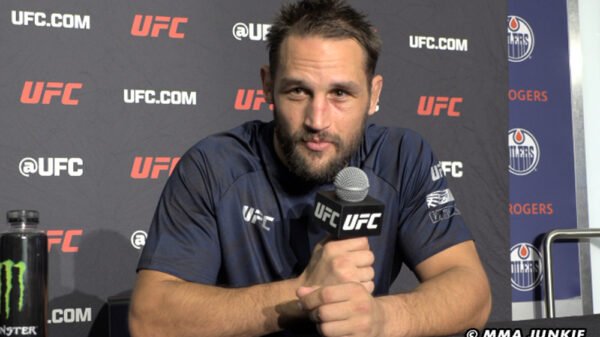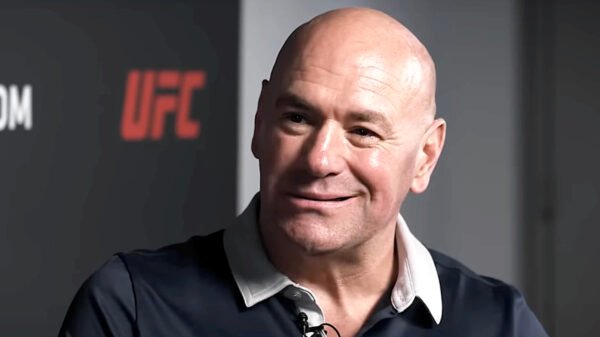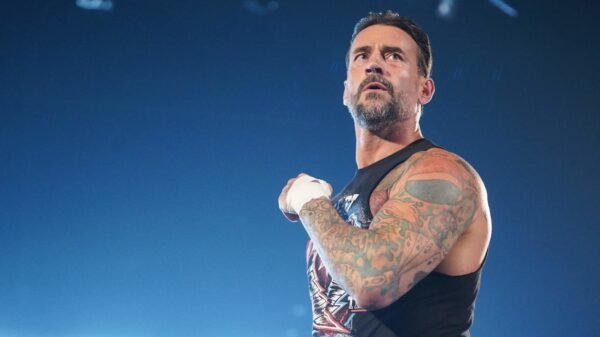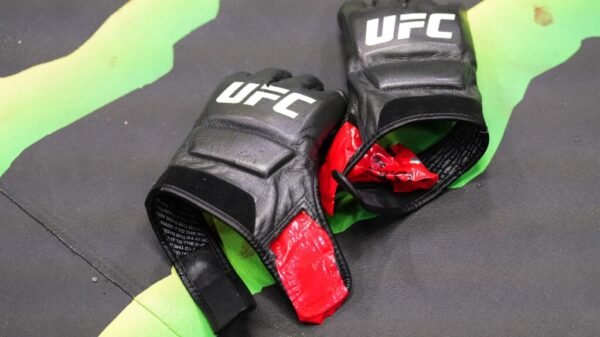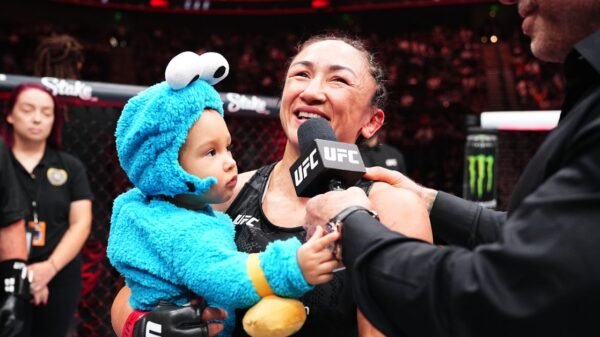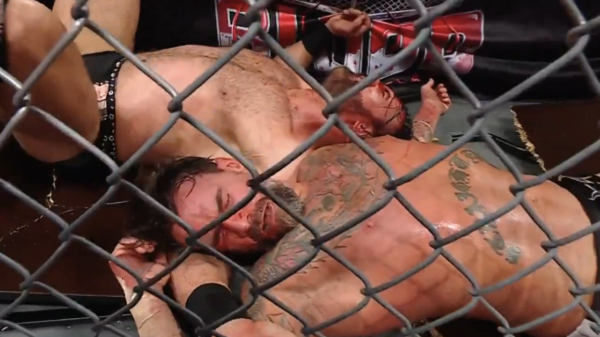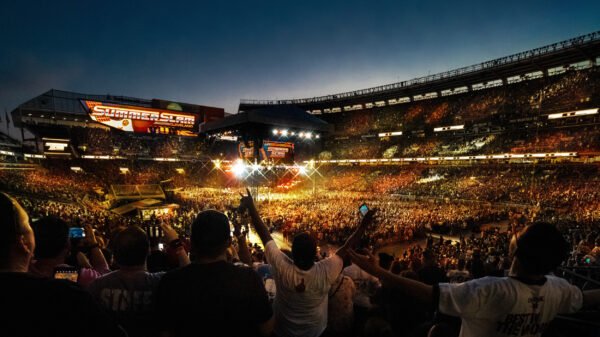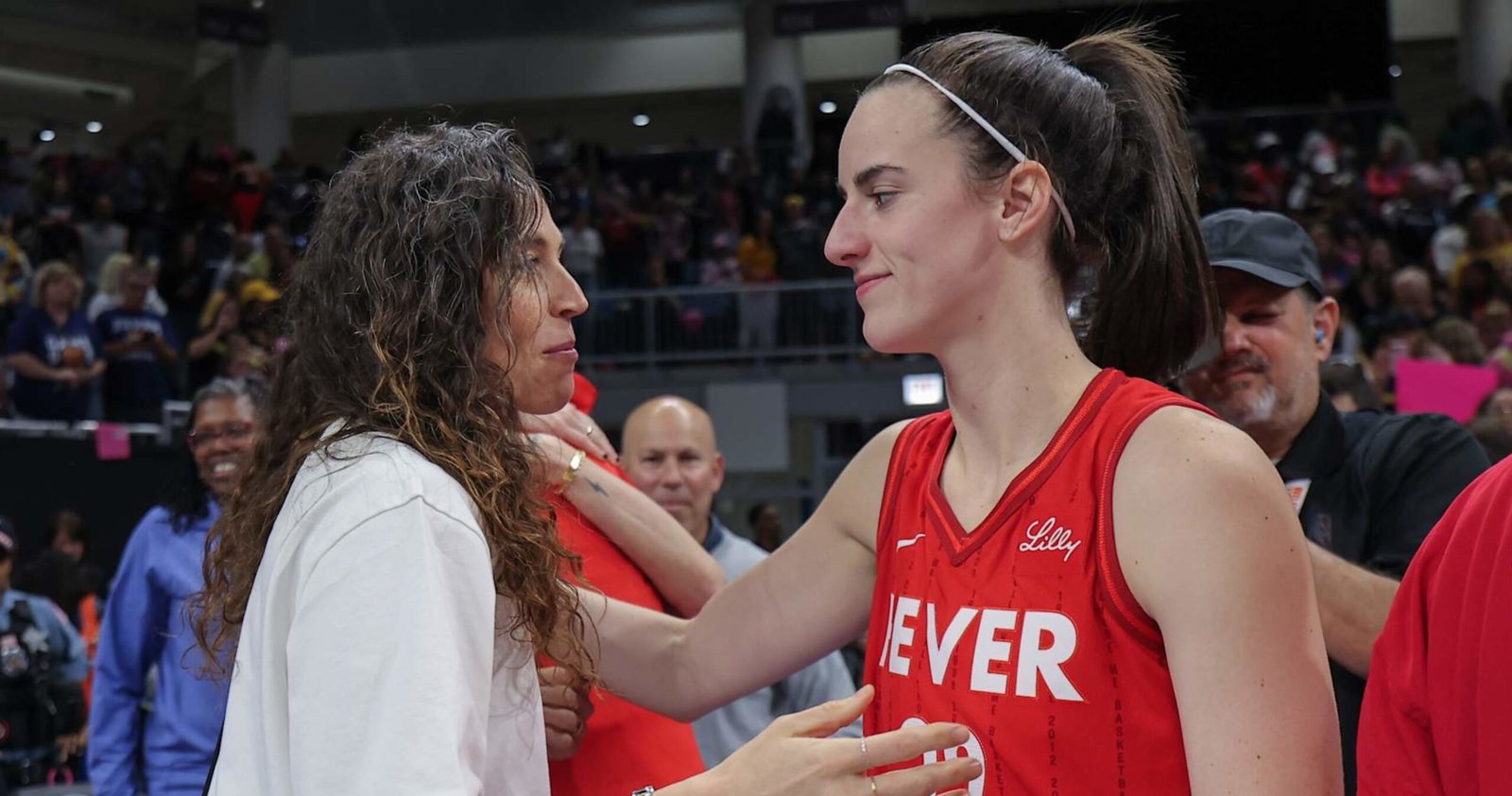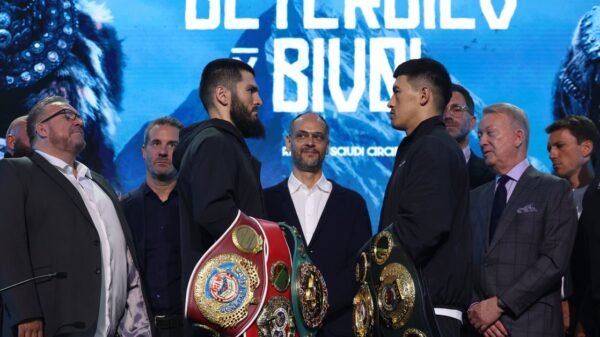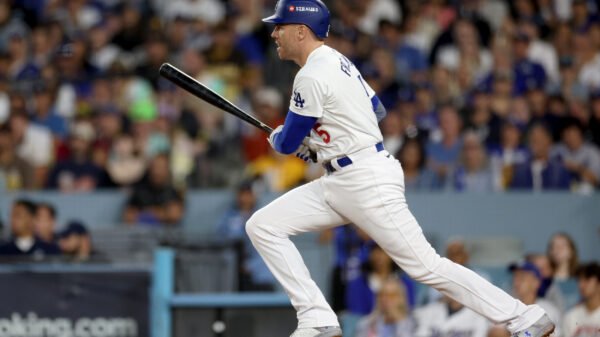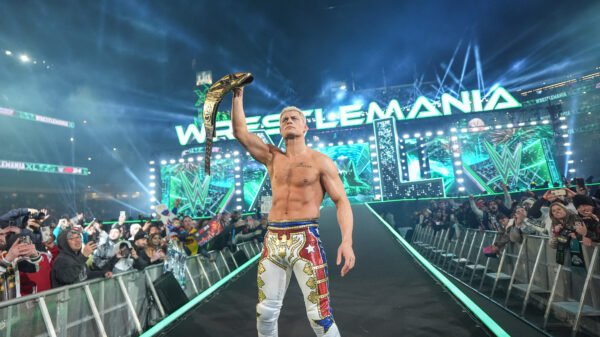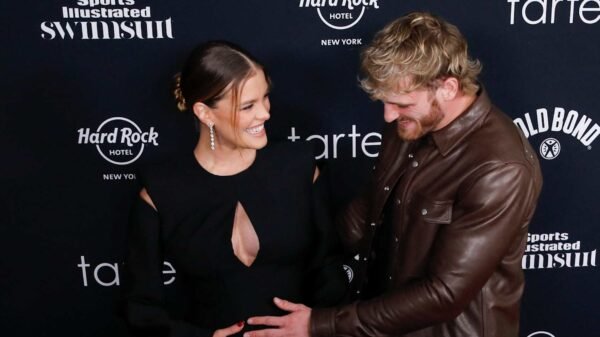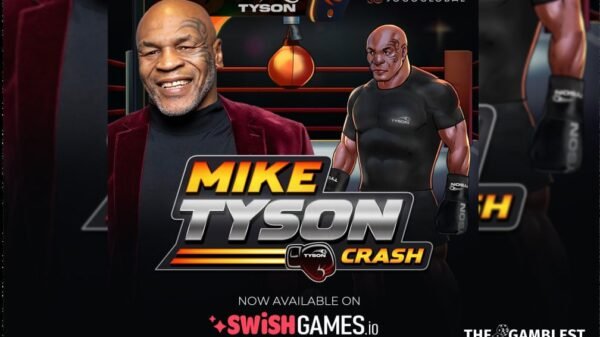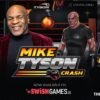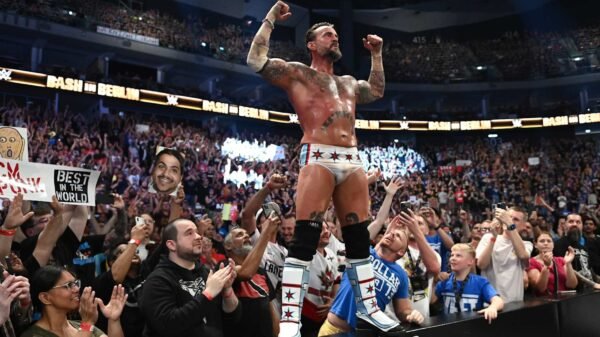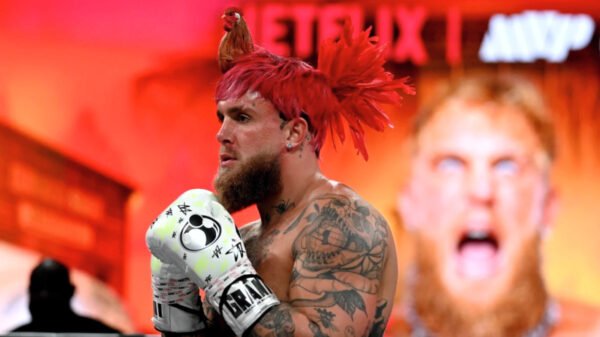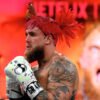
Melissa Tamez/Icon Sportswire through Getty Pictures
WNBA legend Sue Hen would not consider the vitriol being leveled on the league’s stars is a brand new phenomenon.
“The issues which have held again girls’s sports activities are racism, sexism and homophobia amongst different issues,” Hen stated on the latest episode of A Contact Extra with co-host Megan Rapinoe. “However that’s the place to begin, and that’s the lens with which it’s a must to look via plenty of these items.”
The retired level guard went on so as to add that Indiana Fever rookie Caitlin Clark has grow to be an avatar for a problem that existed when she arrived within the league.
“Racism has been impacting the WNBA effectively earlier than this yr. This isn’t a brand new factor,” Hen stated. “In that method, I do suppose Caitlin’s getting used as a pawn. Caitlin did not deliver racism to the WNBA. This has been taking place. And that I believe is what’s been such a shock for all of us, that different persons are stunned. We have been attempting to let you know.”
The 13-time All-Star wished to avoid making use of blanket judgments to followers of the Fever and/or Clark and people who have simply began following the WNBA. She stated that form of mentality “has to go.”
“It has to go as a result of it isn’t the Fever followers, it isn’t Caitlin followers,” Hen stated. “That could be a massive group of individuals. Let’s persist with the Fever for a second. That could be a massive group of individuals. And what we’re speaking about, as we get into the meat of this, we’re speaking in regards to the faction of that group that’s pushing racist agendas and is pushing hate and creating divisiveness on-line, performing as followers, performing as Fever followers, performing as Caitlin followers.”
To Hen’s level, societal elements have affected the WNBA ever since its launch in 1997.
ESPN’s Michael Voepel wrote how for years gamers felt uncomfortable publicly popping out about their sexuality. Katie Barnes of ESPN spoke to a researcher in 2022 who stated Black gamers acquired much less media protection than their white friends and that the hole was much more stark with Black gamers perceived to be “masculine.”
The distinction now’s that extra persons are attending and watching WNBA video games than ever earlier than, thanks partly to Clark’s arrival. The pattern was taking place earlier than she entered the league however has spiked throughout her first season.
With that, the WNBA has firmly entered the culture wars with bad-faith actors utilizing Clark and girls’s basketball to drive their very own engagement.
Commissioner Cathy Engelbert opened herself as much as criticism throughout a September interview on CNBC’s Energy Lunch when requested in regards to the “darker” and “extra menacing” tone within the discourse. Engelbert did not outright condemn the racism and stated rivalries can assist deliver extra consideration to the WNBA.
Terri Jackson, government director for the Girls’s Nationwide Basketball Gamers Affiliation, made it clear the gamers’ union was upset with Engelbert’s response:
WNBPA @TheWNBPA
A Assertion from the Govt Director pic.twitter.com/CDRAgnwa5y
Engelbert subsequently stated in a letter to gamers that she “missed the mark” within the interview, per Voepel.
The WNBA issued a statement on Sept. 25 to say it “won’t tolerate racist, derogatory, or threatening feedback made about gamers, groups and anybody affiliated with the league.” The league additionally stated its safety “is actively monitoring threat-related exercise and can work instantly with groups and arenas to take acceptable measures, to incorporate involving legislation enforcement, as essential.

